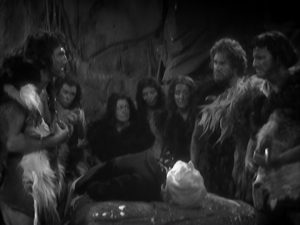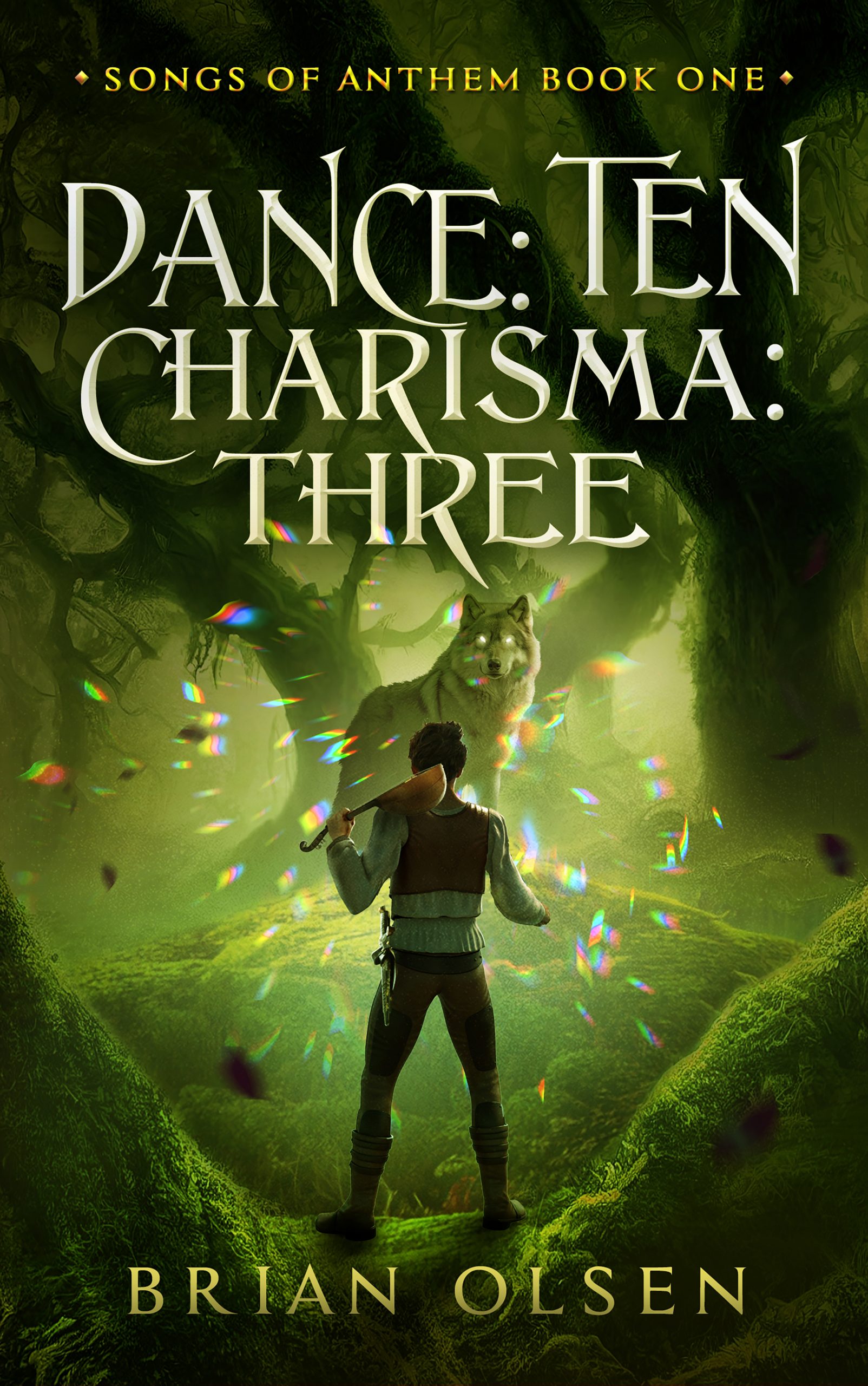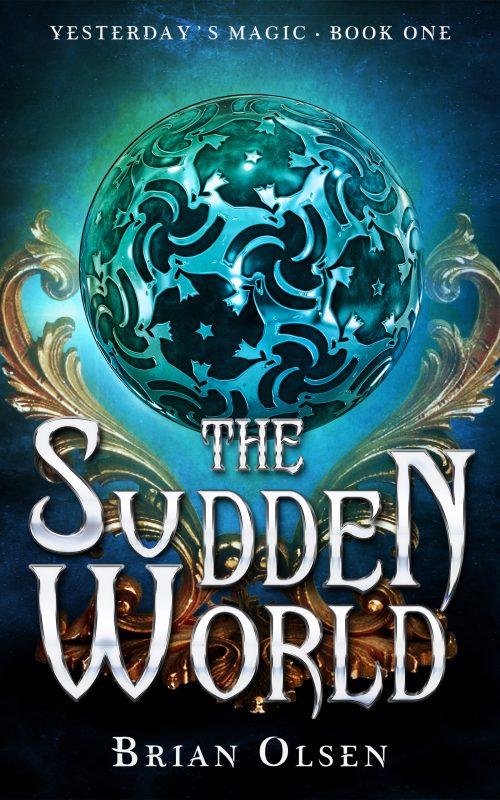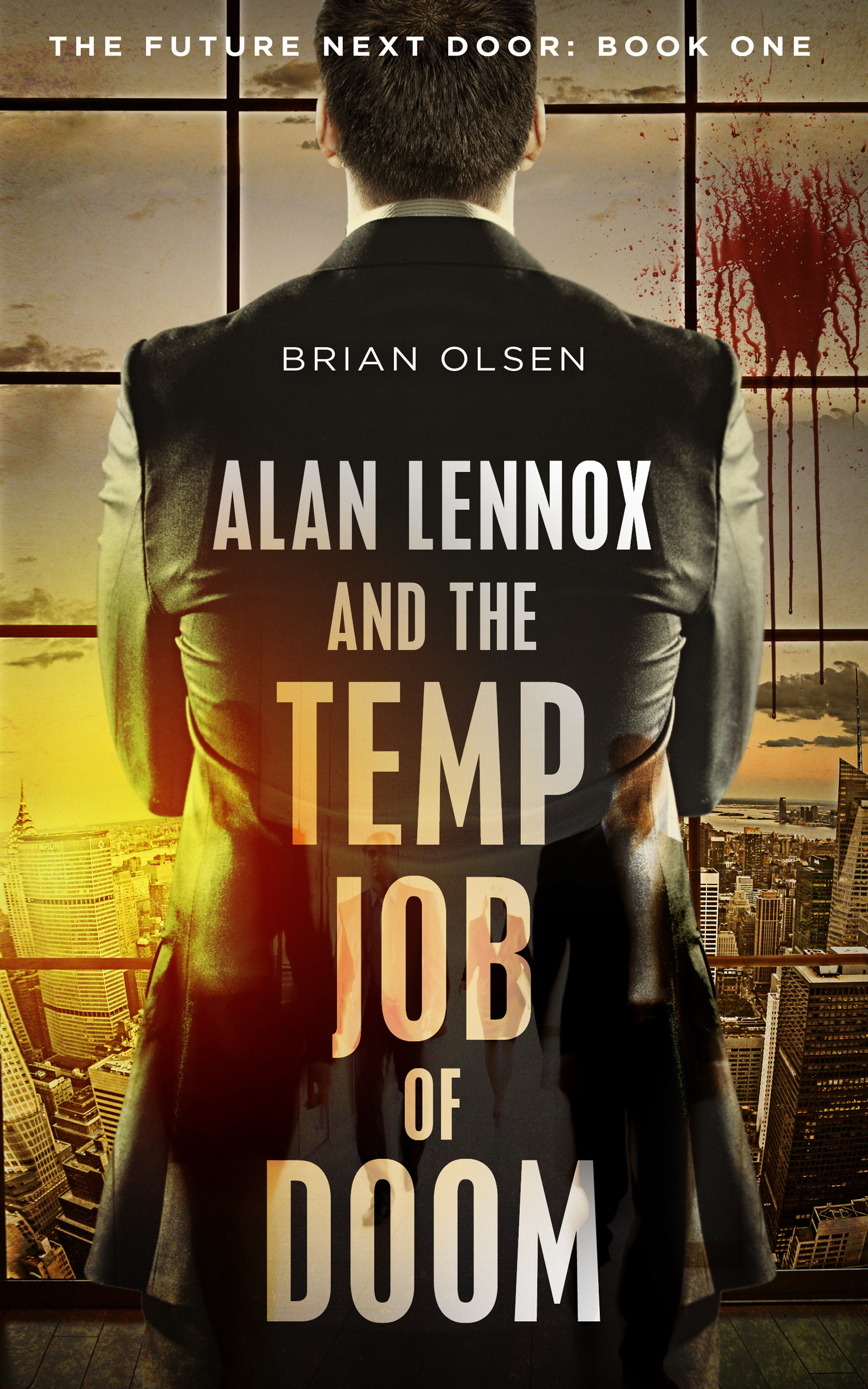
Doctor Who is every genre. The show as a whole has a science fiction candy coating with a delicious fantasy core, but follow it from story to story and you’ll stuff yourself on other genres – horror, western, pirate, murder mystery, slice of life, romance, and on and on and on. But the first serial, An Unearthly Child, beginning with its second episode, “The Cave of Skulls,” tackles one of my favorite genres of all. Shakespearean drama. More specifically, it’s a Shakespearean historical.
Yes, I know, it’s about cave people. But it’s also about a struggle for leadership with life and death stakes. It’s about a son of a dead ruler struggling to live up to his father’s legacy. It’s got a populace in turmoil, a father who disapproves of his daughter’s suitor, and a widow spitting barbs so vicious that Henry VI‘s Queen Margaret could study at her feet.
And they’re not speaking in iambic pentameter, but the language is nevertheless elevated. Take this speech from Kal, exaggerating his abduction of the Doctor in order to score political points over his rival, Za:
“When I saw fire come from his fingers I remembered Za, son of the firemaker. And when the cold comes, you will all die if you wait for Za to make fire for you. I, Kal, am a true leader. We fought like the tiger and the bear. My strength was too much for him. He lay down to sleep. And I, Kal, carried him here to make fire for you.”
Poetry! Writer Anthony Coburn uses our cliched expectations for how primitive people would have spoken – speaking of oneself in the third person, using simple words and short, clipped sentences. But within these self-imposed dialogue restrictions, his characters express a broad range of powerful emotions and epic motivations. His tribespeople are unlearned, not stupid. Kal begins to win the tribe over with the speech above, but when the Doctor says he can’t make fire, they waver. Za seizes the moment to win them back:
“You want to be strong like Za, son of the great firemaker. You all heard him say that there would be fire. There is no fire. Za does not tell you lies. He does not say, I will do this thing, and then not do it. He does not say, I will make you warm, and then leave you to the dark. He does not say, I will fight away the tiger with fire, and then let him come to you in the dark. Do you want a liar for your chief?”
Kal just called Za “son of the firemaker” to mock him, to highlight how he’s failed to provide the life-giving fire that should have been his inheritance. But when Kal fails to deliver his promised fire via the Doctor, Za flips this back on him, calling himself “son of the great firemaker” to emphasize his legacy, and, implicitly, his right to be leader.
Zap these two forward a couple of tens of thousands of years, and they’d fit right in on opposing sides of the War of the Roses, or trying to bring down Richard II.
An Unearthly Child has an unfair reputation for being boring. Some fans recommend watching the first episode, then skipping ahead to the Daleks. But they’re wrong! There’s so much to love here. Coburns’ script is full of subtleties woven within a bleak and brutal storyline. It’s a five-act courtly drama played out across three half-hour episodes in a prehistoric cave by people wearing animal skins. It’s fully genius and partly ridiculous, which is what Doctor Who is when it’s at its best. It’s the perfect place to begin.


